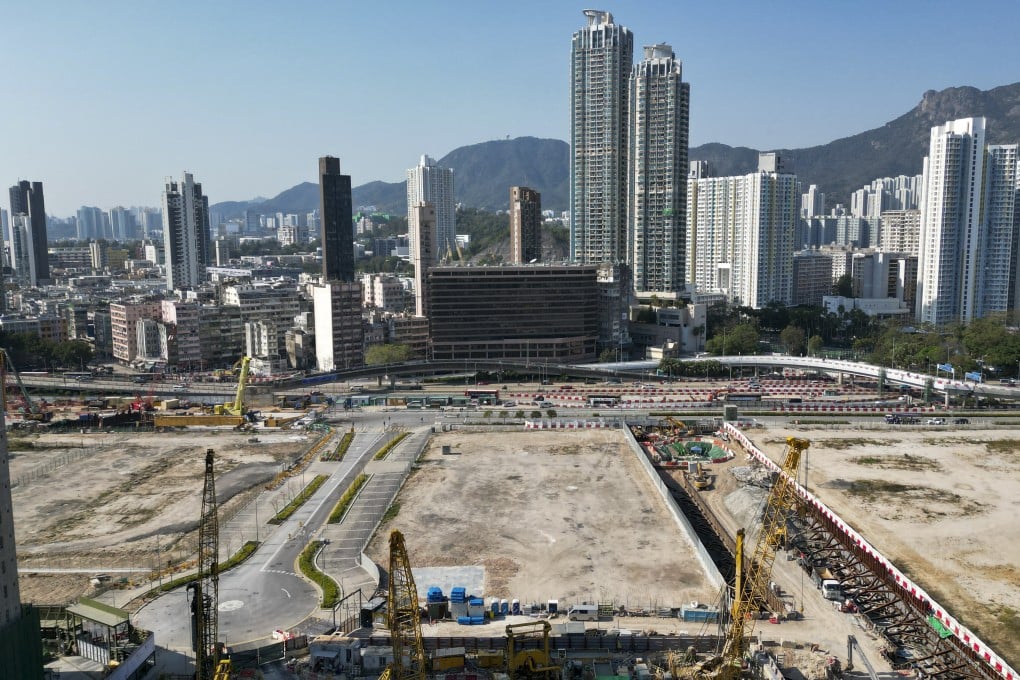Hong Kong lawmakers approve light housing scheme for 17,000 flats in first phase, but grill authorities over ‘poor costs communication and response to resident concerns’
- Funding of HK$14.9 billion must still be secured from Legco’s Finance Committee
- Lawmakers also concerned if temporary homes can be reused to maximise worth in future

Hong Kong lawmakers on Wednesday approved a new temporary housing programme to build 17,000 homes for the needy in the first phase of the project, but some legislators accused authorities of poor communication on costs and inadequate response to concerns of affected residents.
The “light public housing” scheme, which aims to build about 30,000 flats by 2027 for those waiting for permanent public rental homes, still needs to secure HK$14.9 billion (US$1.9 billion) in funding out of an eventual total of HK$26.4 billion from the Legislative Council’s Finance Committee next month.
All but one of the 35 lawmakers involved in the vote endorsed the plan, as housing authorities revealed more project details to seek support.
“The government should have explained the cost details clearly and timely instead of only after lawmakers raised queries. This is not ideal,” legislator Ma Fung-kwok said in the meeting.
The government last month said each home would cost between HK$530,000 and HK$650,000 to build, including works such as stairs and lifts.
Secretary for Housing Winnie Ho Wing-yin on Wednesday told lawmakers much of the initially requested funds would go towards creating external infrastructure, such as roads and bus stops, given the project’s large scale.
Several lawmakers also expressed concerns about the cost of demolition and removal of the flats later, as well as storage of the unassembled components.